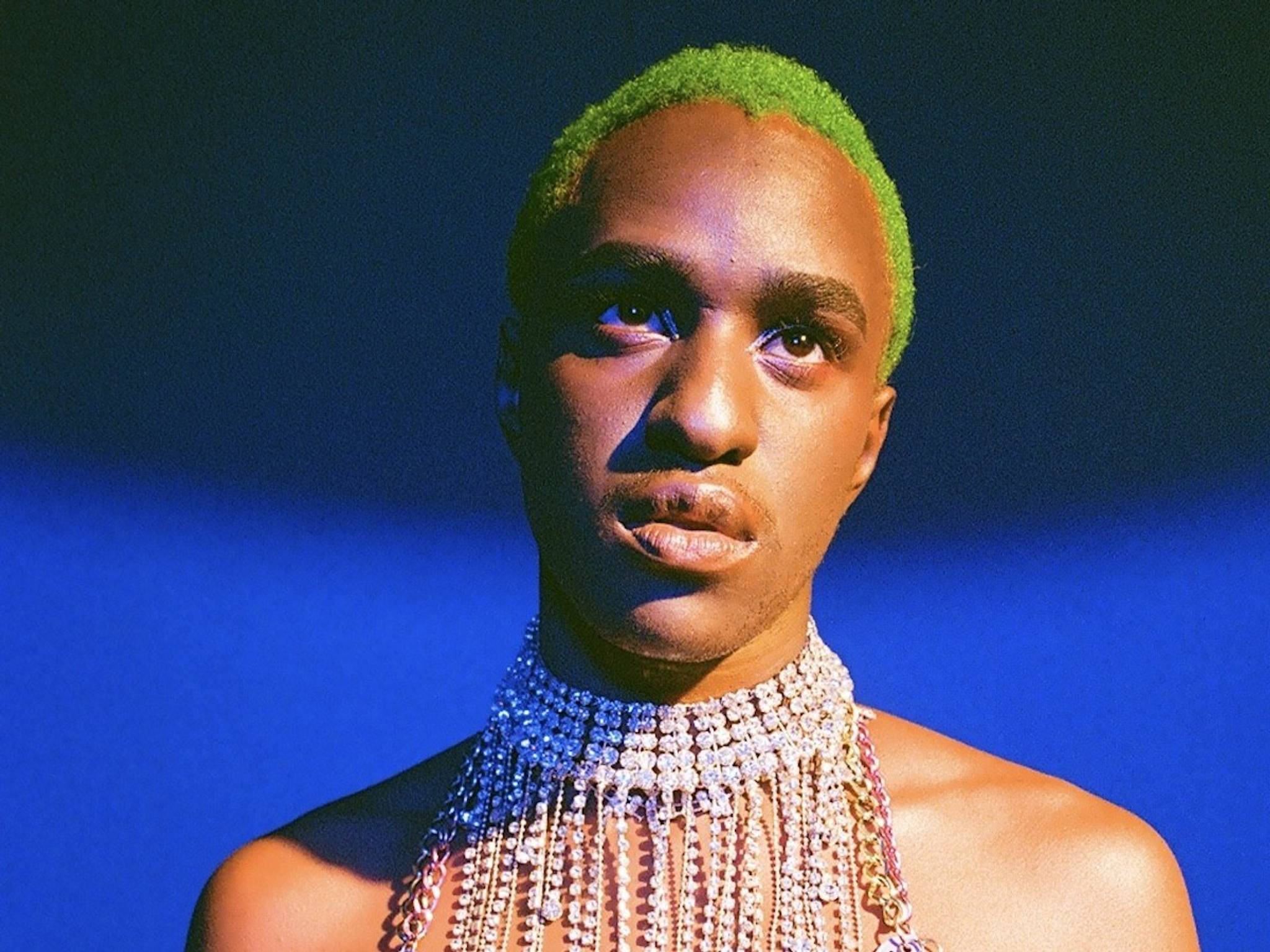
As cultural exploration and eco-attitudes win over conscious consumers, many are looking to engage with brands that allow them to explore their ideals and values. From new media narratives to uniting people through a collective experience, here are the top ten insights that got us talking in July.
Streaming fans want cultural exploration – as fans of Netflix shows such as Bridgerton, The Crown, Emily in Paris, and Money Heist go on guided walking tours in some of the locations where these series were filmed, streaming audiences are craving deeper exploration and engagement with their favourite TV. By translating viewing experiences into a real-life context, brands are allowing fans to actively engage with media they know and love.
Gen Zers engage with cooking on Twitch – parasocial relationships are helping young people to engage with cooking as they begin to set up their own homes and transition into adulthood. Using streaming platforms like Twitch to connect with digitally-minded demographics can broaden brand recognition and awareness and keep people interested in the environments that best suit them.
Conscious football fans use their collective power – strength in numbers has long been synonymous with football culture, with fans banding together to stop threats to the sport’s legacy and collective spirit. As supporters care deeply about sporting values, facilitating two-way conversations about issues in sports can allow people to have a positive relationship with the surrounding culture.
Spirit drinkers signal their eco-values – sustainable spirits are becoming popular with drinkers that are looking for playful discovery and new flavour profiles in their beverages of choice. With increasing interest from consumers to see their ideals and values reflected in their food and drink consumption, products that align with changing beliefs and identities can win over conscious cohorts.
Consumers are drawn to bold, colourful branding – after the impact of the pandemic and a period of enforced conformity saw minimalistic aesthetics rise, people want fun, attention-grabbing branding that pushes back against corporate rigidity. As the anti-blanding sentiment allows people to explore moments of joy and release, innovative brand creativity can capture shoppers’ wandering eyes.
Gen Yers and Zers are changing workplace culture – as hustle culture, girl bossing, and striving to be the best have dominated work environments in recent years, burnt-out Gen Yers and Zers are prioritising rest, a healthy work-life balance, and positive work environments. As employees reevaluate their goals and career ambitions, employers may need to adapt to new work cultures to attract and retain the best talent.
Young Americans are choosing left-wing media – left-wing media platforms that showcase alternative visions for the future have become popular among Gen Yers and Zers that want interactive relationships with news and political content. Using new mediums and platforms to have open, honest conversations around political and socioeconomic issues can empower younger audiences that want to understand a variety of lived experiences.
LGBTQ+ teens want new narratives – media and entertainment are evolving to represent modern audiences, and LGBTQ+ teens are demanding more nuanced forms of representation that better align with their truths. By reframing queer teen experiences, and working directly with the LGBTQ+ community, brands can create the relatable content that many young adults are after.
Music unites global communities – platforms like Coke Studio are spotlighting emerging musicians, giving them a space to have their music discovered by new audiences. By partnering with new talent and uniting people through a collective musical experience, brands can reach hyper-engaged consumers that they may not otherwise have access to.
Skincare connoisseurs want science-backed products – effective, easy-to-use, and affordable products are winning over skincare lovers who are battling rising inflation which is pricing them out of their regular purchases. As people gravitate towards exploring self-care through new, science-led skincare rituals, ‘clean’ products that promote reliable information and transparency can hold true in a competitive and oversaturated landscape.



